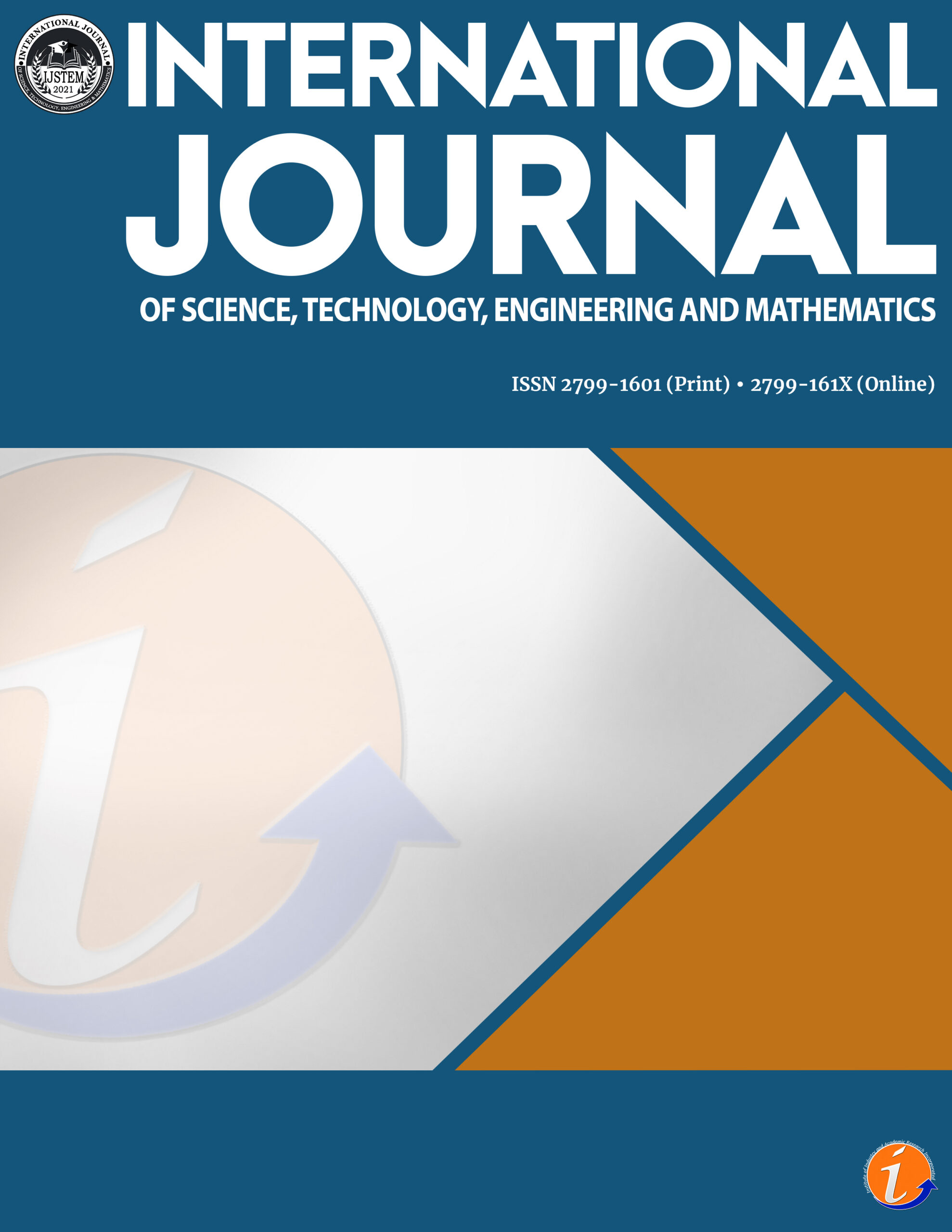This study aimed to determine the effectiveness of Problem-Based Learning (PBL) material to the critical thinking skills of Grade 10 students in Mathematics. The study used experimental research design by measuring the improvement on the performance of the students after the implementation of the researcher-made PBL material. It also used survey strategy to assess the acceptance of the students on the quality of the developed PBL material and correlated the results with the critical thinking skills before and after the use of the material using paper and pen test. Results revealed that learning experiences relate to inferring, communicating, and problem-solving. There is also significant relationship between learning outcomes and communicating and problem solving. Both effectiveness and efficiency and user-friendliness significantly relate to communicating learning experience while congruence relates significantly to all critical thinking skills. Thus, learners’ use of the PBL material increases their critical thinking skills as evidenced by the t–test results showing significantly different critical thinking skills before and after the use of PBL material. With the improved level of students’ critical thinking skills, the PBL material may be used as a supplementary in the delivery of the lessons in any subject area.
problem-based learning, critical thinking skills, mathematics, learning materials
Ideza Carmela D. Magpantay. Corresponding author. High School Teacher II, San Bartolome Integrated High School
Allen E. Pasia. Research Advisor, Instructor I, Laguna State Polytechnic University- San Pablo City Campus
Aleong, R. (2012). Engaging Students in Meaningful Learning: Understanding Student Perspectives of Engineering Design Education. Proceedings of the Canadian Engineering Education Association (CEEA). https://ojs.library.queensu.ca/index.php/PCEEA/article/view/4610
Aliliran, C. (2016). Improving Critical Thinking Skills in Mathematics and Science through Problem-Based Leaning.
Arends, I.R. (2007). Learning to Teach, 7th edition. New York: McGraw Hill Companies
Asyhar, A. H. (2015). Aplikasi Metode Nilai Eigen Dalam Analytical Hierarchy Process Untuk Memilih Tempat Kerja. Jurnal MANTIK Pendidikan Matematika, 1(1).
Aziz, A. A., Yusof, K. M., & Yatim, J. M. (2012). Evaluation on the Effectiveness of Learning Outcomes from Students’ Perspectives. Procedia – Social and Behavioral Sciences, 56, 22–30. https://doi.org/10.1016/j.sbspro.2012.09.628
Baharun, H. & Ummah, R. (2018). Strengthening Student’s Character in Akhlaq Subject Through Problem-based Learning Model. Jurnal Tadris Keguruan Dan Ilmu Pendidikan, 3(1).
Barry M. (2012) What skills will you need to succeed in the future? [Internet].Tempe, AZ: University of Phoenix; Available from: Phoenix Forward
Chukwuyenum, A. N. (2013). Impact of critical thinking on performance in mathematics among senior Secondary School students in Lagos State. IOSR Journal of Research & Method in Education (IOSRJRME), 3(5), 18–25. https://doi.org/10.9790/7388-0351825
Creswell, J. W. (2012). Educational research: Planning, conducting, and evaluating quantitative and qualitative research (4th ed.). Upper Saddle River, NJ: Pearson Education.
Crossman, A. (2020, February 2). What is qualitative research? ThoughtCo. Retrieved May 10, 2022, from https://www.thoughtco.com/qualitative-research-methods-3026555
Derilo, R. C. (2019). Basic and integrated thinking skills acquisition and achievement of Seventh-grade learners. European Journal of Education Studies. Retrieved February 2022, from https://oapub.org/edu/index.php/ejes/article/view/2405/5043
Facione, P.A. (2011). Critical Thinking: What It Is and Why It Counts. Millbrae, CA: The California Academic Press
Frydenberg, M.E., Andone D. (2011). Learning for 21st Century Skills. IEEE’s Int Conf Inf Soc. 2011;314–8.
Hart, E. W., & Martin, W. G. (2018). Discrete mathematics is essential mathematics in a 21st century school curriculum.
Hitchock, D. (2014). Russel and Critical Thinking. Journal of the Betrand Russel Studies.
Jacobs, K., & Finch, D. (2012). Online education: Best practices to promote learning. PsycEXTRA Dataset. https://doi.org/10.1037/e572172013-114
Jayaram, K. and Dorababu, K.K. (2015), “Self learning materials in distance education system”, International Journal of Current Research, Vol. 7 No. 10, pp. 21929-21934.
Jones, K. (2013), Diagrams in the teaching and learning of geometry: Some results and ideas for future research, Proceedings of the British Society for Research into Learning Mathematics, 33(2), 37–42.
Kaiser, G. (2020). Mathematical modelling and applications in education.
Kuhfeld, M., Soland, J., Tarasawa, B., Johnson, A., Ruzek, E., & Liu, J. (2020). Projecting the potential impacts of COVID-19 school closures on academic achievement. Educational Researcher, 49(8), 549-565.
Launch Pad. (2001) Thinking Skill. Westminster Institute of Education. Oxford Brookes University.
Maranan, A. (2020). The modular Instruction, Content-Process in Classroom Teaching.
Mendoza, C. (2018). Designed Self – Directed Learning Guide: Input to an Improved Science Process Skills of Grade 11 Students
NCTM (2000). Principles and standards for school mathematics. Reston, VA: NCTM.
Padmavathy, & Mareesh. (2013). Effectiveness of Problem-based Learning In Mathematics. Journal of Education, 2(1).
Pintrich, Paul R. (2012). The Role of metacognitive knowledge in learning, teaching, and assessing. Theory into Practice, 41(4). 219-225.
Simui, F., Thompson, L., Mundende, K., Mwewa, G., Kakana, F., Chishiba, A., & Namangala, B. (2017). Distance Learners’ Perspective on User-friendly Instructional Materials at the University of Zambia
Suarez, L. (2018). Impact of Interactive Reading Strategies on the Reading Comprehension Skills of Grade 9 Students at Col. Lauro D. Dizon Memorial National High School
Zohar, A., & Barzilai, S. (2015). Metacognition and teaching higher order thinking (HOT) in science education: Students’ thinking, teachers’ knowledge, and instructional practices. In R. Wegerif, L. Li, & J. Kaufman (Eds.), Routledge international handbook of research on teaching thinking (pp. 229–242). Oxon: Routledge.
Cite this article:
Magpantay, I.D. & Pasia, A.E. (2022). Problem-based learning materials in upskilling mathematics critical thinking skills. International Journal of Science, Technology, Engineering and Mathematics, 2(4), 74 - 91. https://doi.org/10.53378/352940
License:
![]()
This work is licensed under a Creative Commons Attribution (CC BY 4.0) International License.










